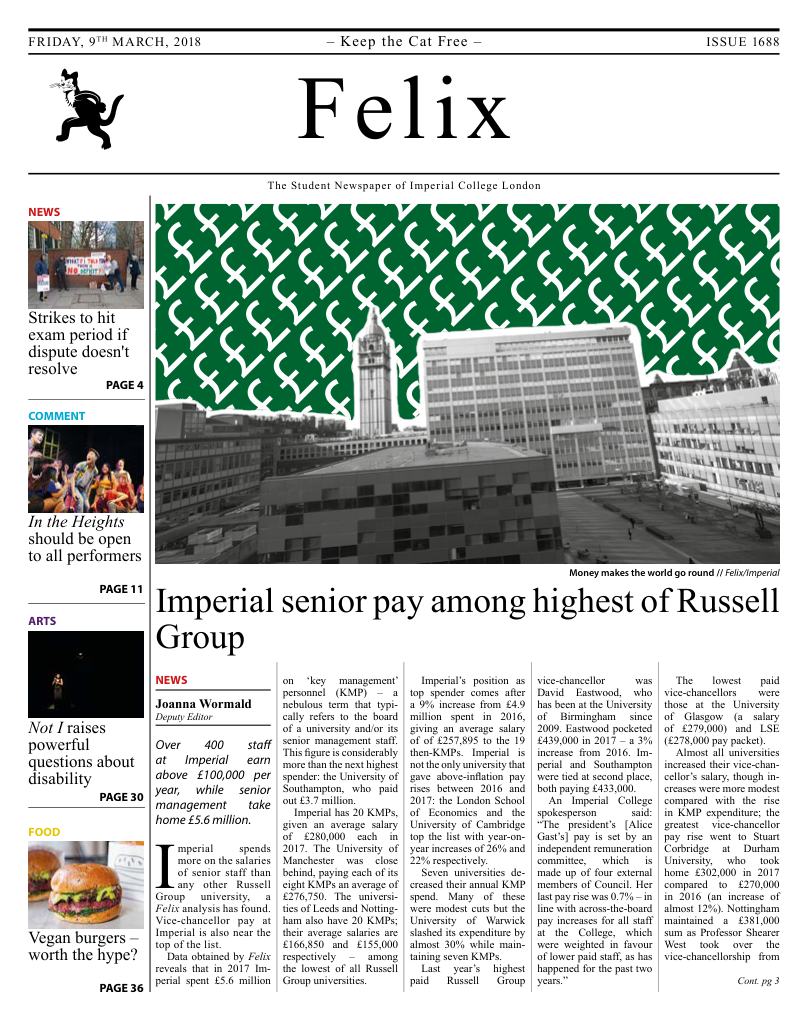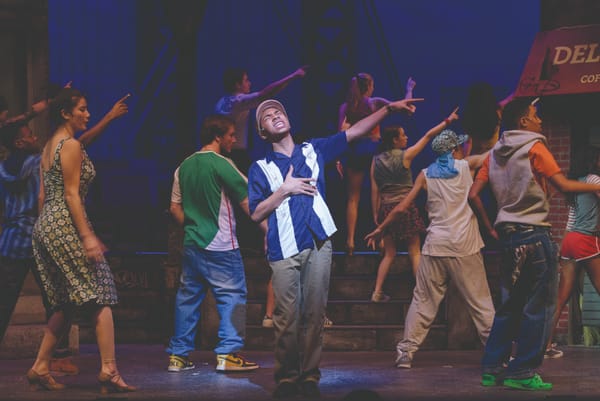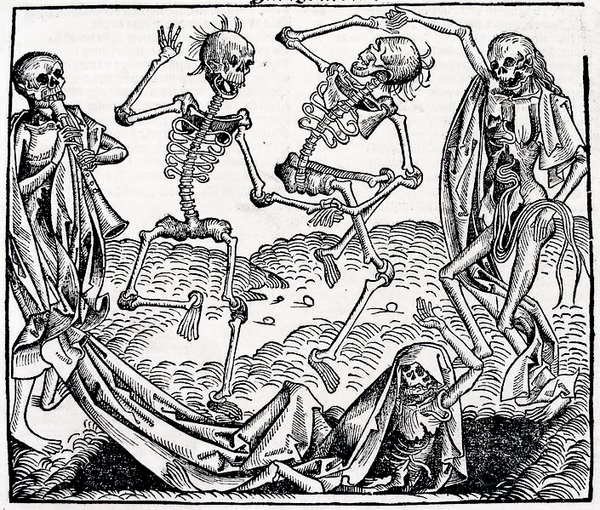In the Heights – a musical that should be open to all
In the Heights conductor Dr Vicente Chavaria thinks that any performance of In the Heights is a celebration of Latino culture, no matter who performs it.

Last week’s comment article ‘In the Whites’ (regarding Imperial Musical Theatre Society’s production of Lin-Manuel Miranda’s In the Heights) reignited the old argument of ‘whitewashing’ works intended to feature or represent non-white or ‘marginalised’ groups: a relevant and worthy one, certainly, and one we shall be having for years, though one I will not indulge in here. The article did, however, end with a poignant question: “If [MTSoc] knew that they would not be able to give the majority of roles to Latino students, why attempt to put on a musical about Latinos?”
In response to this question, may I pose another: Should a community (such as Latinos) under-represented outside of its region of origin (or, as the author of the article called it, ‘marginalised’) not welcome a celebration of its culture? Both Miranda and Quiara Hudes (author of the musical’s book) have previously accepted – and in fact encouraged – educational productions that included cast members “of all stripes”. Why, then, should a group of talented young performers who clearly love, respect, and admire the material be prevented from undertaking such a venture by the colour of their skin or the language of origin of their surname? If the production were professionally staged with auditions open across the country (or beyond), then the restrictions and concerns would be welcome. But this is a different ballgame. As a cast member mentioned, MTSoc’s demographic is a representation of that of a large London university. What MTSoc has done is pull off a difficult, beautiful production of a musical that celebrates Latino culture with the team that it has, regardless of colour or ethnicity.
“Should an under-represented community not welcome a celebration of its culture?”
The author of ‘In the Whites’ described a lack of Latinos in the cast or directorial team, apparently missing the white redhead Chilean playing Carla, or the Nicaraguan-American conductor of the production (and author of the present rebuttal). At no point during the entire production was any part of Latin American culture treated with anything less than the utmost respect and love. Perhaps the production was uncomfortable for some viewers, including the author of ‘In the Whites’, but for almost everyone – including this Latino – it was a welcome celebration of a beautifully diverse group of people, one not limited to a preconceived idea of skin colour, linguistic capability/accent, or even national identity. Moreover, In the Heights is a close examination of issues like identity, gentrification, inequality, racism, poverty, alcoholism, just to name a few. These are issues which affect people of all generations, races, and origins, even when the visuals do not match the ethnicity of the characters.
The performers on stage did not wear ethnicity like a skin or disguise. They embodied three-dimensional characters as best as they could, in their own skins and voices (beyond a little makeup to age one character fifty years). None of the rappers rapped in accents that weren’t their own. At no point was anything done with the idea of caricature, mockery, or stereotyping. What ‘In the Whites’ missed, most of all, is the exposure to the grounded, real-world Latin-American experience that, unlike other shows, Miranda’s musical provides. Most of all, it blatantly ignored the hard work and talent of a top-notch cast and crew who worked ungodly hours to bring this production to life. Of all the lessons In the Heights offers, perhaps none is more relevant and powerful than its unabashed alabanza of community.
“People should spend more time engaging with the community they seek to defend”
What event could give the participants and viewers a better chance to learn about one, and of the nuances of its culture, than by staging one of the finest musicals of the early 21st century by one of that community’s greatest spokespersons? If that makes anyone uncomfortable, then maybe they should spend more time engaging with people in the community they seek to defend and less time with their heads buried in academic sand. The world, after all, is out there, not in a journal article.









